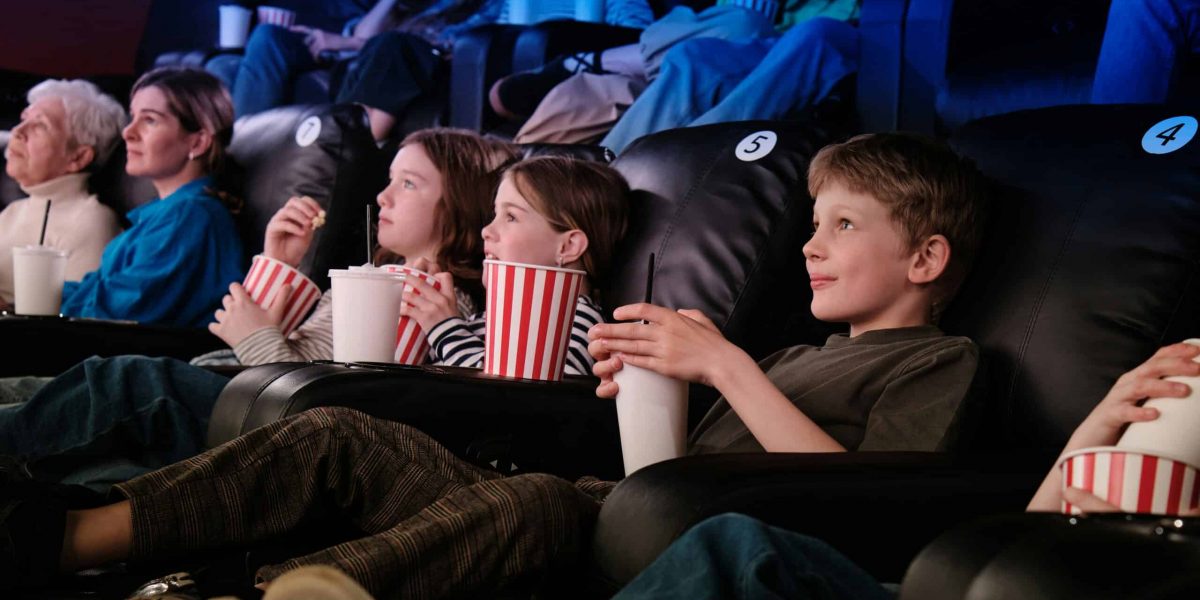Artificial intelligence (AI) has firmly established itself as a game-changer in the entertainment world, transforming the way music, films, and games are created. By integrating AI into the creative process, industries have found ways to enhance both efficiency and creativity, unlocking new possibilities for artists, producers, and consumers alike. AI’s role in entertainment isn’t just about automation—it’s about revolutionizing how content is made, experienced, and personalized.
What Impact Does AI Have on Content Creation?
AI has begun to alter how content is created in profound ways. In the music industry, AI is being used to generate new compositions, remix tracks, and assist musicians in overcoming creative blocks. AI tools like OpenAI’s Jukedeck or Sony’s Flow Machines can analyze patterns in existing music to create melodies that resonate with listeners, making the process quicker and more varied. This allows musicians to explore new genres, styles, or approaches that they may not have considered otherwise.
In film production, AI-driven tools are streamlining post-production tasks such as editing, color correction, and even visual effects. AI algorithms can automatically identify the best takes, match shots, and even predict how audiences will react to certain scenes. This can save time and money, but also enhance the creative potential by allowing filmmakers to focus on the larger narrative, while AI handles the details. In fact, AI-generated imagery is becoming more common, allowing directors and animators to create stunning visuals that were once the domain of highly skilled professionals.
How Is AI Enhancing Personalization in Entertainment?
Personalization is one of the key advantages of AI in entertainment. Streaming services like Netflix, Spotify, and YouTube use AI algorithms to recommend content based on viewers’ preferences, viewing history, and even the time of day. These algorithms continually learn from the user’s interactions, refining their suggestions over time to create a more customized experience. As AI systems become more sophisticated, they’re able to understand complex patterns and make more accurate predictions about what a viewer might enjoy, leading to greater user satisfaction.
For game developers, AI is also being used to create dynamic, personalized gameplay experiences. Games now use machine learning to adapt difficulty levels, challenge players with more relevant quests, and even tailor NPC (non-player character) behaviors based on the player’s actions. This personalization adds depth to the gaming experience and keeps players engaged longer, as they feel their choices truly matter in the story.
AI’s ability to analyze data is also being used to improve audience engagement and content recommendation. Music streaming services, for example, use AI to offer users a curated playlist that matches their current mood or environment. AI-powered chatbots in video games can even interact with players in unique ways, making the characters feel more lifelike and responsive to player actions.
What Are Some Real-World Examples of AI in Entertainment?
AI’s influence on entertainment has already reached a number of sectors, with real-world applications changing the way content is produced, consumed, and shared. One of the most notable examples comes from the world of video games, where AI-driven tools are enhancing player experiences. The game “Shadow of Mordor” uses AI to create “nemesis systems,” where the game adapts to the player’s actions, creating unique and personalized storylines. This innovation makes each player’s experience different, offering dynamic gameplay and replay value.
Another powerful example comes from the music industry, where AI is assisting in the creation of new sounds and music. Amper Music, an AI-based tool, allows users to create unique music tracks by simply inputting specific parameters like mood, genre, and tempo. AI tools can also help mix and master tracks, streamlining the production process and allowing musicians to focus on their creative work.
In film, the 2017 “Star Wars: The Last Jedi” used AI to analyze past footage and recreate the likeness of actors who had passed away, demonstrating the possibilities of AI in restoring and preserving legacies. AI algorithms also help with predictive analysis, determining how various edits or visual effects will perform with audiences, which influences the final product’s direction.
How Will AI Continue to Influence Entertainment?
As AI technology continues to evolve, its impact on entertainment is only expected to grow. AI will likely play an even larger role in creative content generation, assisting artists in overcoming traditional limitations. For example, filmmakers could use AI to create more immersive worlds by generating backgrounds, weather patterns, or even entire landscapes without the need for expensive CGI. Likewise, AI will assist in real-time decision-making, making the process of editing, mixing, and refining content more efficient and accessible.
In the music industry, AI could evolve to not only create compositions but also to assist artists in real-time during performances. Imagine a live concert where AI seamlessly adjusts lighting, sound, and even audience engagement based on the music’s tempo and mood. This could take live shows to new heights, allowing artists to create personalized experiences for every concert-goer.
With AI, the entertainment industry is seeing a profound shift from traditional production models to more agile, innovative ways of creating and experiencing content. The creative possibilities for music, films, and video games are limitless, and AI is ensuring that the future of entertainment will be increasingly dynamic and personalized.








